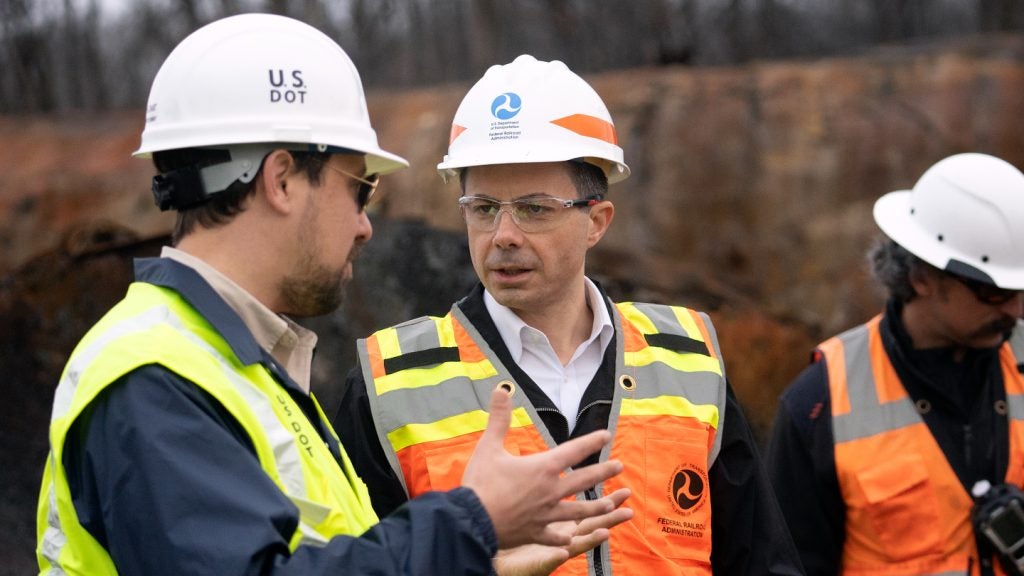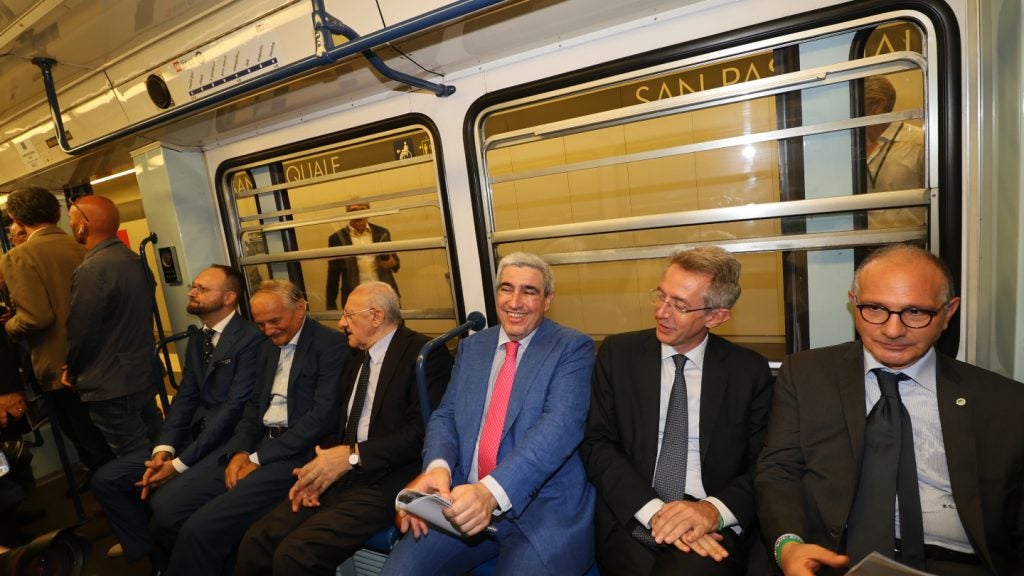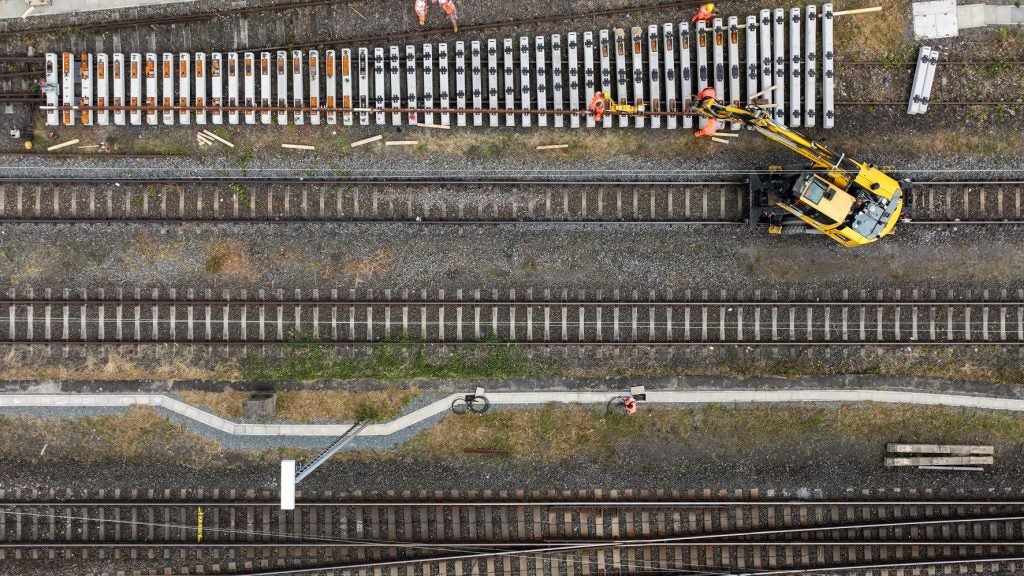
The national railway company of Belgium NMBS/SNCB has deployed a Bluetooth solution from HID Global, an identity and RFID tracking solutions company. Its real-time location and services platform, along with BEEKS’s Bluetooth Low-Energy (BLE) beacons, monitor train location and departures.
HID, an acronym for Hughes Identification Devices, was founded in 1991, originally as a subsidiary of Hughes Aircraft. Acquired in 2000 by the Swedish conglomerate, Assa Abloy AB, HID is now a wholly owned business within the group which has acquired over 190 brands such as Yale.
Richard Aufreiter, VP product marketing, Identification Technologies at HID Global, says: “Bluetooth is a well-known and reliable technology for short-range radio communications of up to about 50 metres.
“Bluetooth is commonly used to connect a headset or speaker to a computer or smartphone, but the technology is equally applicable for real-time location-based services, too.”
Previously, trains arriving at a preset GPS coordinate would cause an app on the onboard attendant’s smartphone to signal software at the station to begin the digital safety-check program. This program supports safe exit for the passengers so that the train can depart on schedule.
Identifying the precise location of the train is fundamental to safety checks. Due to limited cellular coverage in tunnels, the train’s GPS location can be shown as being further away from the station. GPS does not work because three satellite signals required for trilateration do not penetrate buildings and concrete tunnels walls well.
How well do you really know your competitors?
Access the most comprehensive Company Profiles on the market, powered by GlobalData. Save hours of research. Gain competitive edge.

Thank you!
Your download email will arrive shortly
Not ready to buy yet? Download a free sample
We are confident about the unique quality of our Company Profiles. However, we want you to make the most beneficial decision for your business, so we offer a free sample that you can download by submitting the below form
By GlobalDataWaze, the navigation app now owned by Google, used HID’s beacon technology to provide reliable navigation services for car drivers entering tunnels, where signals would normally be disrupted. Beacons have been installed in tunnels in around eight cities, including locations in Antwerp, Belgium, and Chicago, US.
HID Global’s real-time location services (RTLS) platform and BEEKs BLE beacons are given priority over this GPS signal which could be inaccurate. Gateways pick up the Bluetooth signals and translate them into Wi-Fi or WLAN.
The Bluetooth beacons can be managed remotely and have their battery status monitored. The beacons are remotely managed by a cloud-based SaaS console called HID BluZone.
The beacons can be quickly installed and consume low amounts of power which also makes them cost effective. Location information is also transmitted quickly because pairing is not required and the beacons have a unique ID.
It is expected that the system will be deployed in at least ten more stations across Belgium.
NMBS/SNCB maintains and operates 3,607kmof track and around 30 train stations in Belgium. The wider use of this technology could open up further opportunities for HID Global.
Aufreiter says: “This could see HID BEEKs beacons being used as the underlying enabling technology for a range of passenger centric location-based services.
“For example, routing visually impaired passengers to the right platform so they can catch their train or directing people to a certain position on a platform if they have a seat reservation in a specific carriage.
“In addition, SNCB or third-party partner firms could potentially offer information, promotions or discounts based on someone’s whereabouts in a station.”
Although there are no plans in place for this at the moment, these changes would require the company to develop a consumer app.







